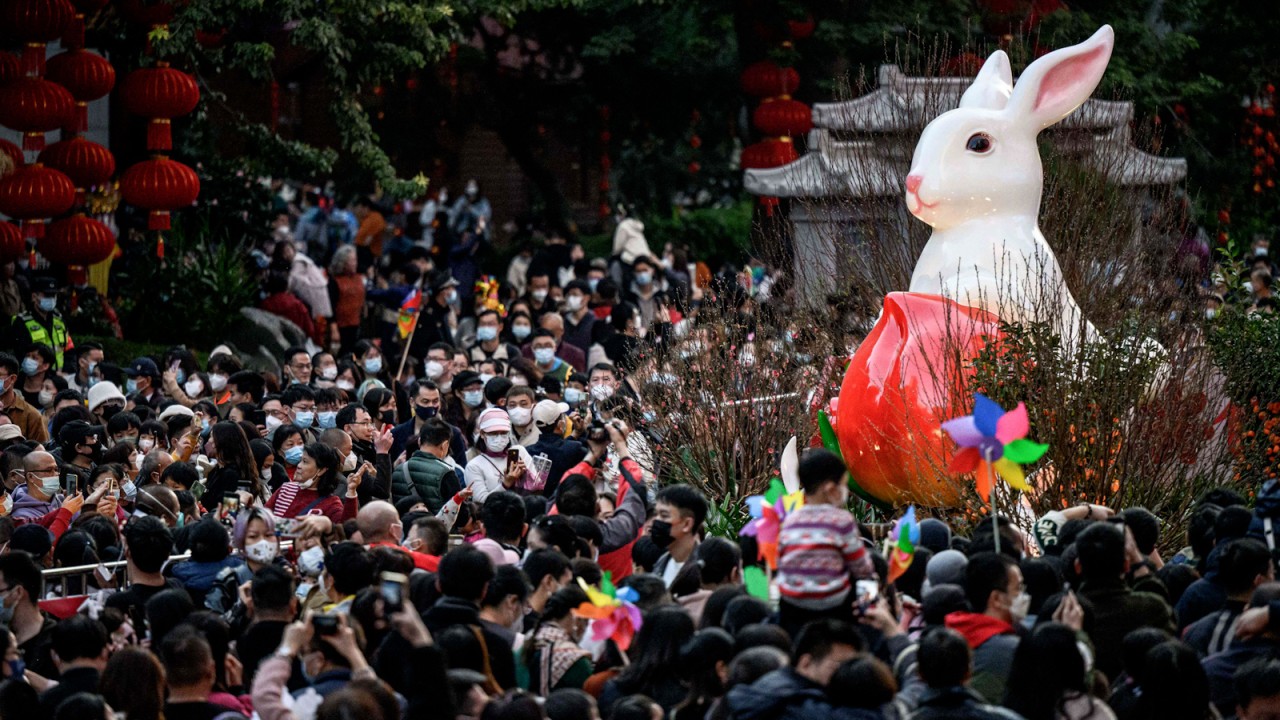
Asia-Pacific family offices continue ‘strategic shift’, to increase equities and developed-market fixed-income asset allocations: UBS
- Asia-Pacific family offices are continuing a strategic shift towards alternatives and their interest in diversification will persist, UBS Global Wealth Management executive says
- Still believe in the long-term recovery of China despite focus on developed markets, Hong Kong family-office executive says
These firms had the highest equity allocations last year compared with peers globally, said LH Koh, co-head of global family and institutional wealth in Asia-Pacific at UBS Global Wealth Management.
While 40 per cent of family offices in Asia-Pacific plan to significantly increase their allocations to developed market equities over the next five years, 35 per cent said they plan to increase their emerging market equities portfolios following a perceived peak in the US dollar and the reopening of China’s economy. Four out of 10 such firms are also planning to increase their asset allocations to developed-market fixed-income assets.
“Asia-Pacific family offices continue a strategic asset allocation shift towards alternatives, as their private-equity investments were mostly allocated to funds last year,” Koh said. “Looking ahead, we see their continued interest in diversifying with alternatives.”
China’s asset management sector to double in size to US$40 trillion: McKinsey
The survey also shows that 37 per cent of Asia-Pacific family offices had portfolios in equities, with 15 per cent of allocations in fixed-income assets.
Moreover, the firm was seeing “an increased interest from clients in setting up family offices in Asia-Pacific”, Koh said.
“[China’s] reopening is a good sign for the economy and for China’s stock market,” said Alex Yu, CEO of Hong Kong-based family office 3 Capital Partners, which has assets around US$500 million under management. “We are still holding onto our position because valuations are relatively cheap.”
3 Capital viewed developed markets as “more mature”, with more investment options. The firm has around 35 per cent of its investments in equities, with a focus on developed markets.
Wealthy families attracted by Hong Kong policies, bay area opportunities: UBS
Yu said he still believes in the long-term recovery of China, as “things will not happen overnight”.
Among Asia-Pacific family offices, 51 per cent of assets are invested in the region and 77 per cent of private-equity investments are in technology. Nearly half are using hedge funds to enhance portfolio diversification, compared to a third of their global peers.
“There is a strong interest among family-office clients to use hedge funds and private-equity funds, compared to their global peers,” said Tommy Leung, co-head of global family at UBS Global Wealth Management.
Global billionaire count falls as pandemic, war, inflation erode wealth stash
Geopolitical tensions are the biggest concern among family offices in the region and Europe, while fears of a recession loom large in the US. Digital transformation resonates with three quarters of family offices globally, which said it is a likely area of investment in the next two to three years.
While generational transfer of wealth is the main priority of family offices, the survey found that many such firms do not have the necessary processes, governance or risk management in place.
“In a less certain world, there’s evidence of room for greater professionalisation beyond investing,” said George Athanasopoulos, head of global family and institutional wealth and co-head of global markets at UBS.
Thailand’s wealthiest clan mulls setting up Hong Kong family office
Just 42 per cent of the family offices surveyed have a wealth succession plan, with the same percentage having a governance framework. Smaller family offices with assets of US$100 million to US$250 million are especially likely to fall short of best practices in this way, the report said.
Even among large family offices with assets exceeding US$1 billion, only 43 per cent have a wealth succession plan and 66 per cent a governance framework.



